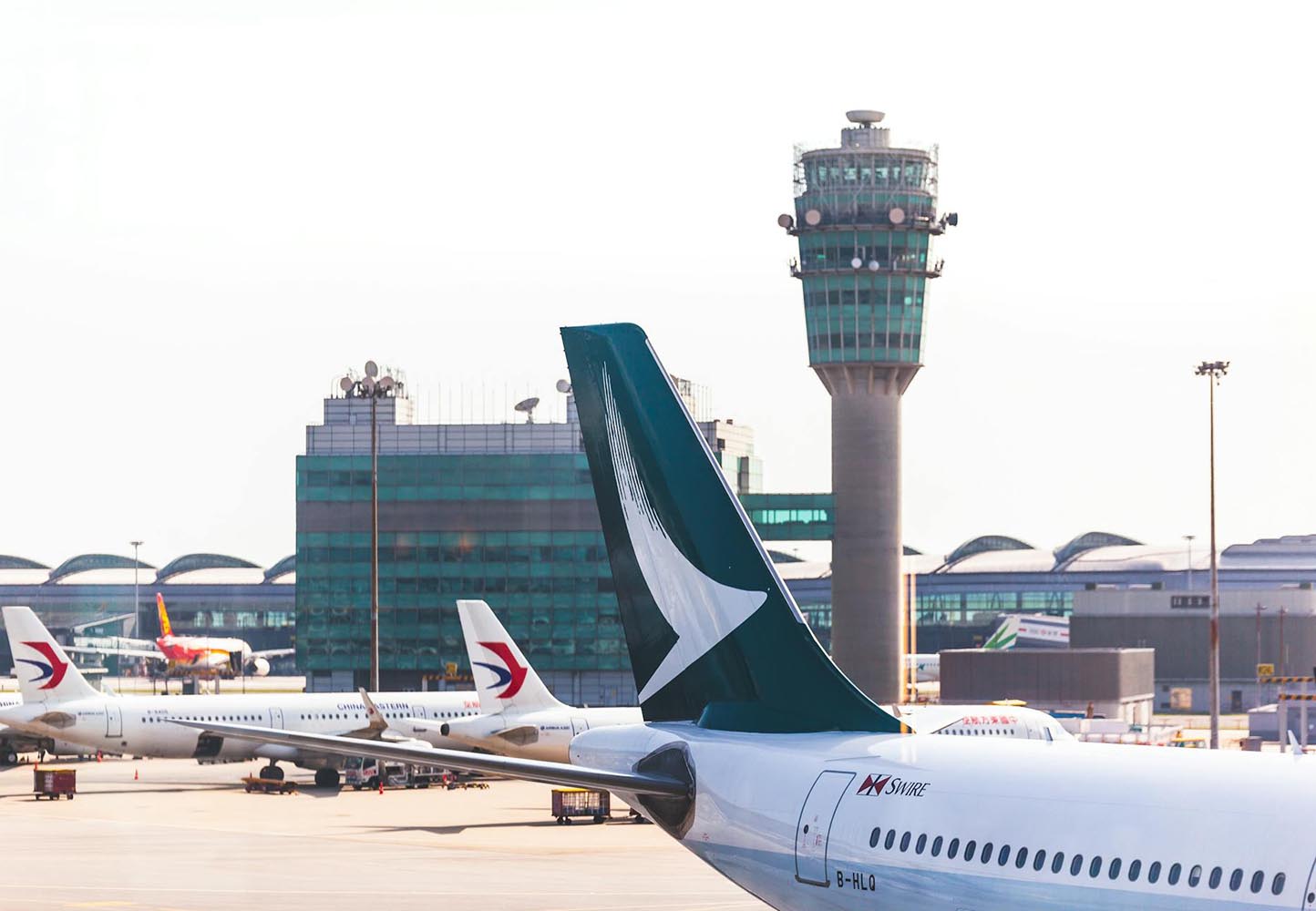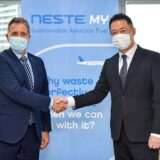
SkyNRG unveils 2024 Sustainable Aviation Fuel Market Outlook
SkyNRG has unveiled its fourth annual Sustainable Aviation Fuel (SAF) Market Outlook, highlighting key trends and developments in the SAF industry globally. SkyNRG, headquartered in Amsterdam, The Netherlands, specialises in the production and supply of SAF.
The report provides an in-depth analysis of the current state of the market, regulatory influences, and the progress of SAF projects worldwide, with a new emphasis on global coverage.
Key highlights
- Regulatory and demand developments
- Regulatory mandates and targets are propelling SAF demand, with a projected total demand of 16.1 million tonnes (5.3 billion gallons) across multiple countries by 2030.
- Japan is emerging as a significant demand centre outside of Europe, requiring 1.4 million tonnes (0.5 billion gallons) to meet its 10% mandate by 2030. Brazil and Singapore are also notable with targets aimed at reducing greenhouse gas emissions.
- Global market expansion
- The report reveals a substantial increase in SAF capacity, expected to reach 17.3 million tonnes (5.7 billion gallons) by 2030, driven by regulatory developments and voluntary commitments from airlines and corporations.
- The majority of announced global capacity is dominated by the HEFA (Hydroprocessed Esters and Fatty Acids) pathway, representing approximately 85% of the projected capacity for 2030.
- Technological advancements
- Alcohol-to-Jet (AtJ) technology is gaining traction, now accounting for about 8% of the announced 2030 capacity. This is bolstered by the commissioning of the first commercial-scale AtJ facility and favourable U.S. tax credit clarifications.
- Other advanced technologies, including Fischer-Tropsch and e-SAF, make up around 7% of the announced capacity, indicating a growing interest but still a minority share.
- Challenges and opportunities
- While progress is notable, the industry faces challenges in securing the necessary capital for construction and commissioning of new facilities. Long-term policy support and reliable investment commitments are crucial for further capacity development.
- Regions historically exporting feedstock, like China and Brazil, are now looking to produce renewable fuels domestically, potentially affecting global feedstock availability.
Philippe Lacamp, CEO of SkyNRG, emphasised the importance of transparent and reliable information in driving the industry’s progress towards net zero emissions. He noted that a stable policy environment is essential for unlocking the investments needed to expand SAF capacity.
For more detailed insights, the full report can be accessed on the SkyNRG website.














